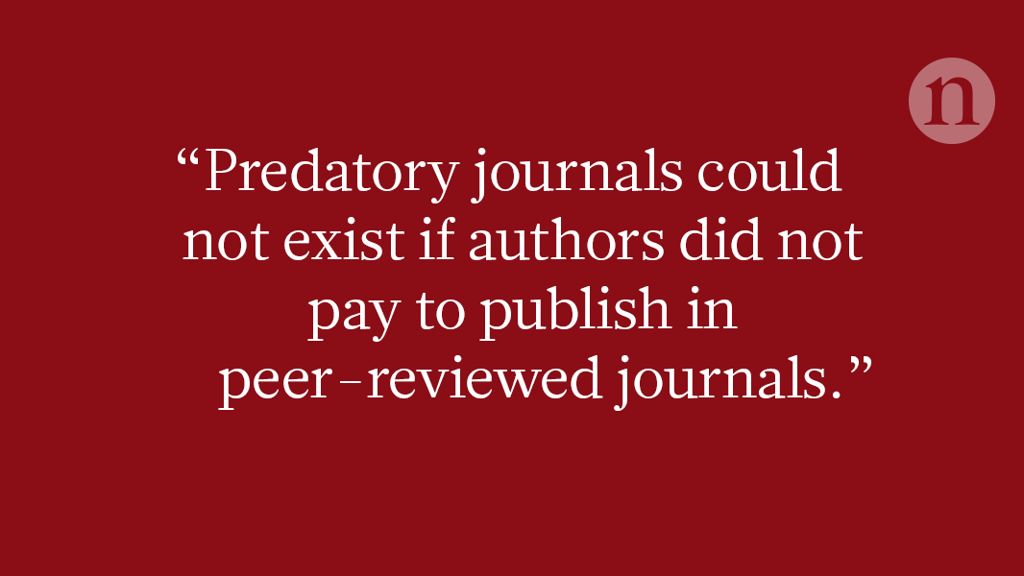The Push to Replace Journal Supplements with Repositories
Broken links, clunky formats, and outdated platforms have both authors and publishers turning to alternative solutions.

Send us a link
Broken links, clunky formats, and outdated platforms have both authors and publishers turning to alternative solutions.

Funders and researchers are squandering a huge opportunity to create a more just and effective system, says Jon Tennant

A Landscape Analysis of Open Source Publishing Tools and Platforms catalogs and analyzes all available open-source software for publishing and warns that open publishing must grapple with the dual challenges of siloed development and organization of the community-owned ecosystem
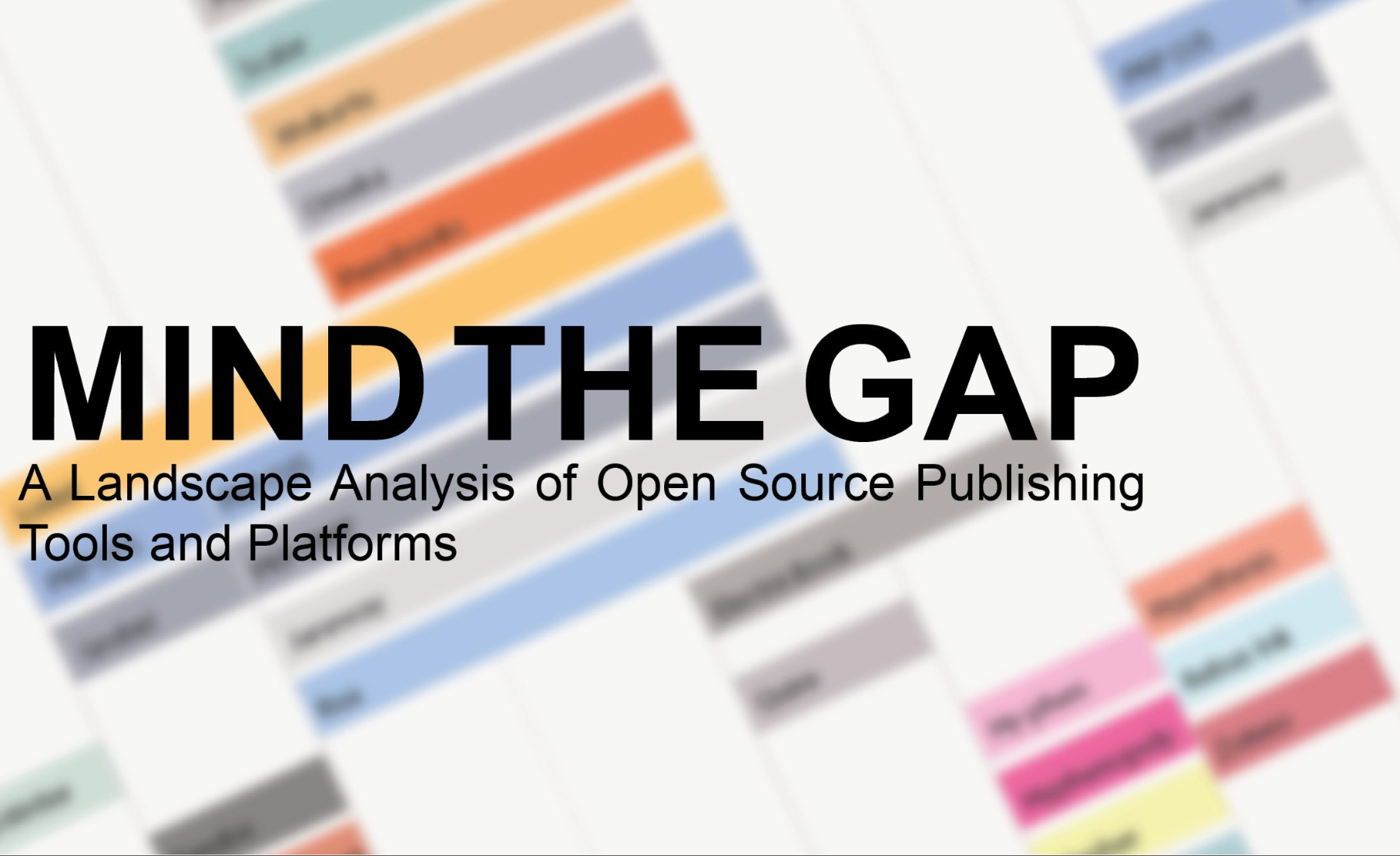
In this guest post, Gisela Fosado and Cathy Rimer-Surles of Duke UP share highlights and a video from their panel session on equity at the 2019 AUPresses Annual Meeting, plus helpful recommendations to help us achieve equity in scholarly communications.
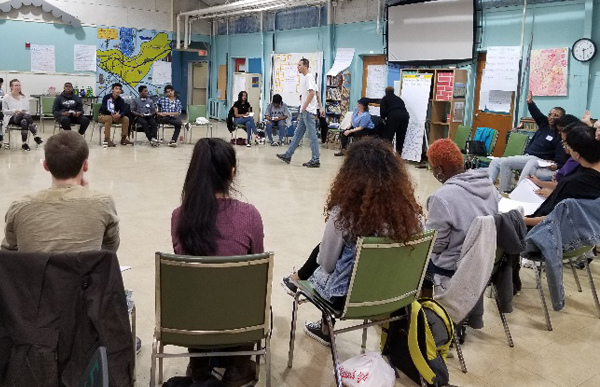
Of the 215 active journals published by SpringerOpen, 54% charge APCs. The average APC was 1,212 EUR, an increase of 8% over the 2018 average, 6 times the EU inflation rate for June 2019 of 1.3%.

Many authors start with the figures when writing a paper, but it is easier to tell a good story if you start with the Introduction and Results, and leave the figures to later.
Elsevier made legal threats, claiming that the mere act of linking to Sci-Hub was itself illegal. Yet Elsevier's own journals turn out to be full of links to Sci-Hub.
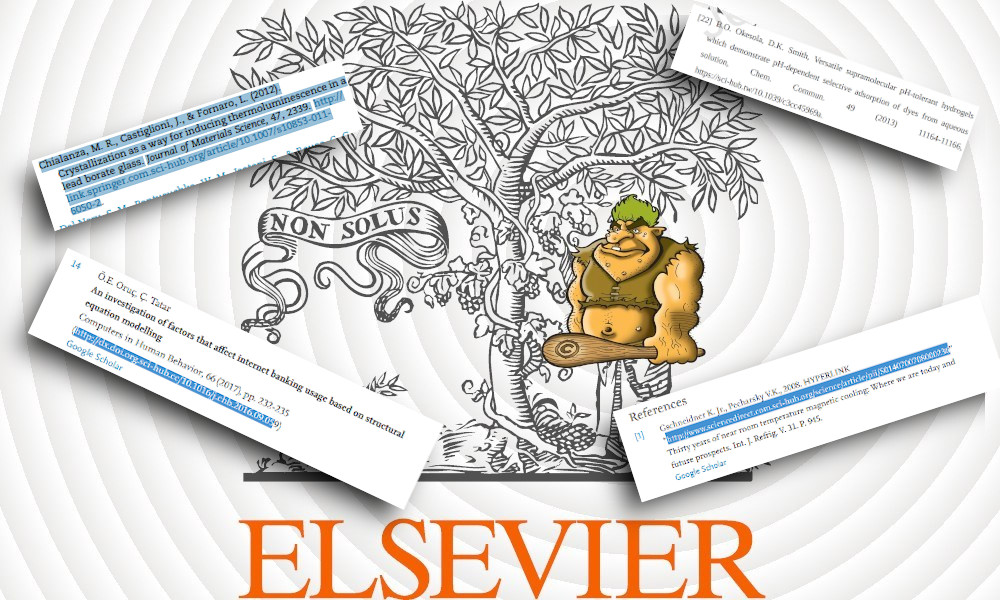
UCL's new megajournal 'UCL Open' has published its first article, delivering on our commitment to provide academics, students and the general public with ground-breaking research free of charge.

A fact check from UC’s negotiating team.
Virtually all top medical journals require authors to disclose potential conflicts of interest, but few - just 12% - apply that same medicine to their own editors by publicly disclosing editors’ financial ties to industry, a study has found.

A survey of academics finds that respondents most value journal readership, while they believe their peers most value prestige and related metrics such as impact factor when submitting their work for publication.

In response to the recent editorial "Open access and academic imperialism", disappointment is expressed at such a narrow and misleading interpretations of the recent attempts to make academic publishing more open.
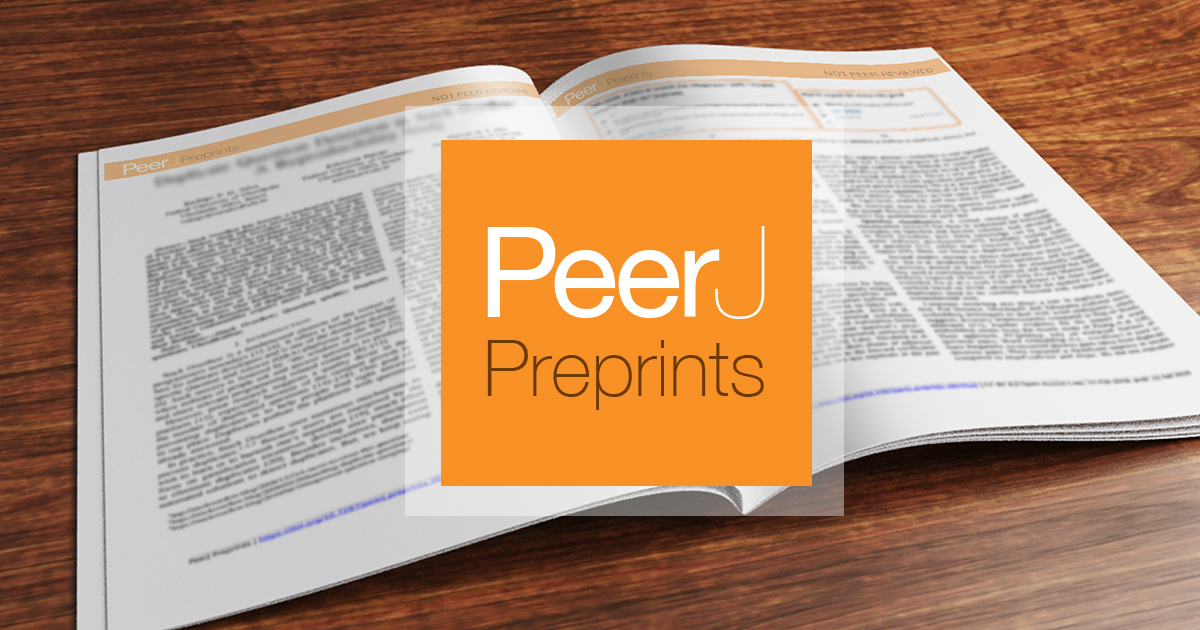
Authors want their papers published quickly while also expecting high-quality reviews. Reviewers want reasonable deadlines. These two groups come from the same communities so why the disconnect?

Scientific manuscript tracking and pre-prints with the In Review service from Springer Nature and Research Square.
The research community needs to find ways to reward study design and methodology as much as the final result. A publishing format called Registered Reports offers a means of addressing this challenge.

With open access Plan S approaching, learned society journals are expected to fall in hard times.

So does Sci-Hub lead libraries to cancel journals, or doesn't it? Maybe the answer isn't a simple yes or no.

This dataset provides a granular, step-by-step calculation of the costs associated with publishing primary research articles, from submission, through peer-review, to publication, indexing and archiving. It is found that these costs range from less than US$200 per article in modern, large scale publishing platforms using post-publication peer-review, to about US$1,000 per article in prestigious journals with rejection rates exceeding 90%. The publication costs for a representative scholarly article today come to lie at around US$400. The additional non-publication cost items that make up the difference between publication costs and final price are discussed. The dataset refers to calculations about the scenarios described in a publication about that topic.
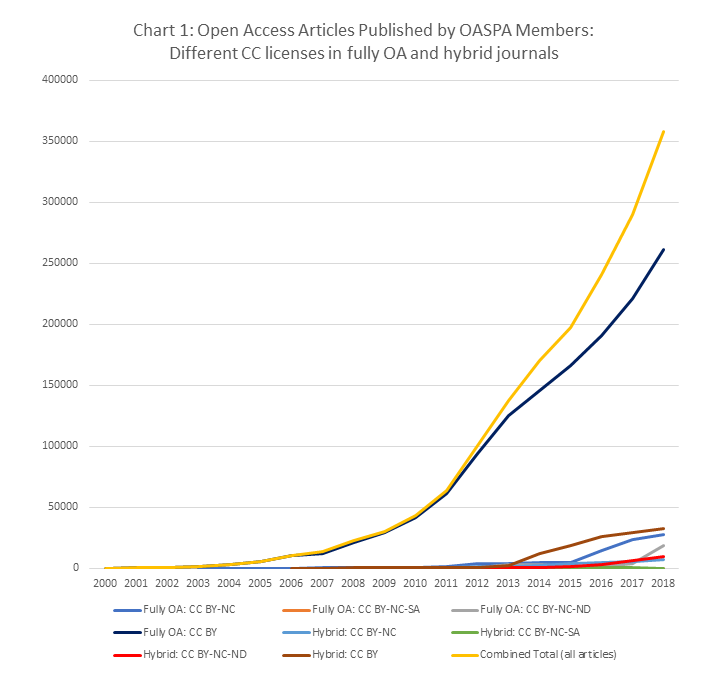
The authors provide recommendations for a highly open and participatory interactive process of collaboration using digital tools and environments, discuss potential issues that come with working with large and diverse authoring communities, and provide possible solutions should these arise.
The changing world of scholarly communication and the emerging new wave of ‘Open Science’ or ‘Open Research’ has brought to light a number of controversial and hotly debated topics.

Agreement will allow for continued explorations between Elsevier, VSNU, NFU and NWO on how to work together toward future Dutch open science infrastructure services.

Nothing burdens the heart of a journal editor more than rejecting an article. Partly, this is because you know you're giving someone…
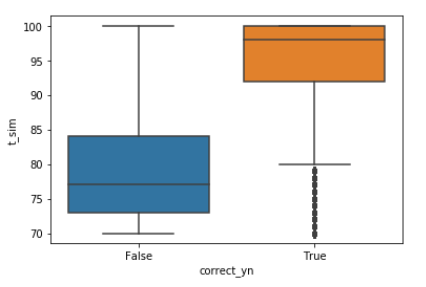
A comprehensive and up-to-date analysis of Computer Science literature reveals that, if current trends continue, parity between the number of male and female authors will not be reached in this century.
Will authors exercise their market power to put downward pressure on article processing charges?

Open access publishing still profits publishers, with little added value for researchers.

Researchers can see at a glance the rules they’ll need to follow if they submit to a particular journal.
Fake publications are corrupting the world of research- and influencing real news.

Funders should award competitive grants directly to journals to underwrite the costs of open access, urges Adriano Aguzzi.
